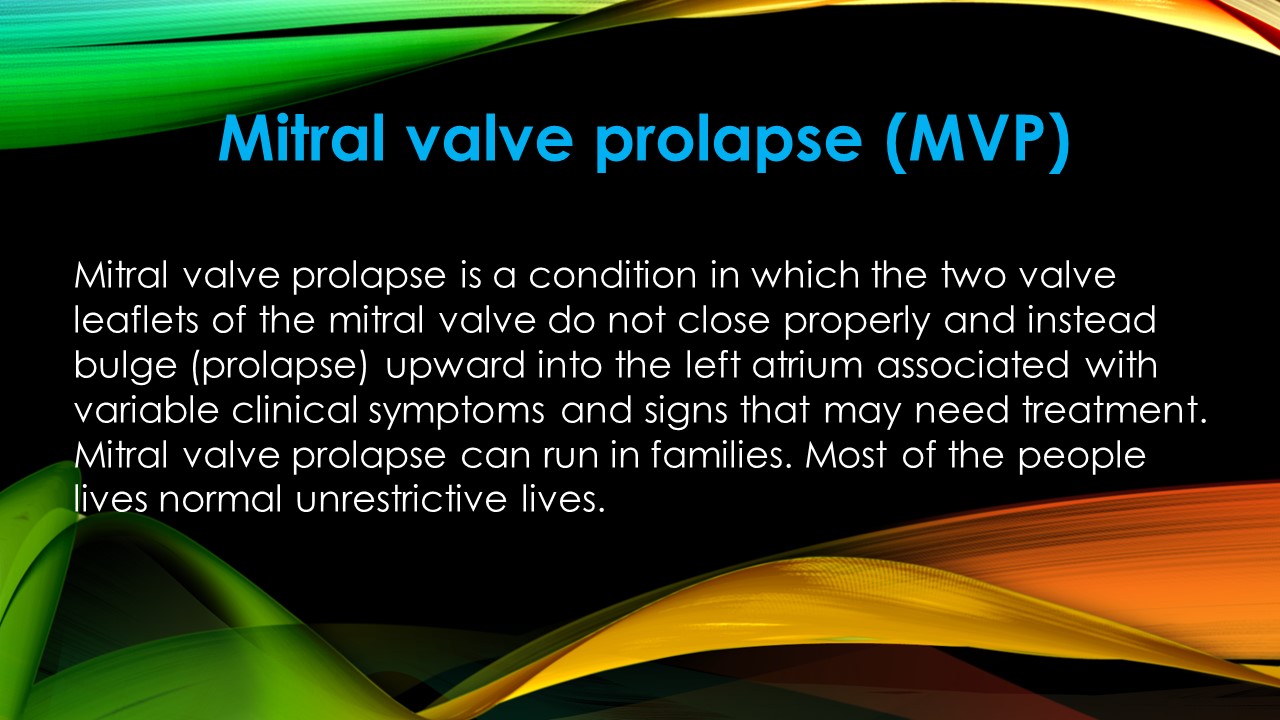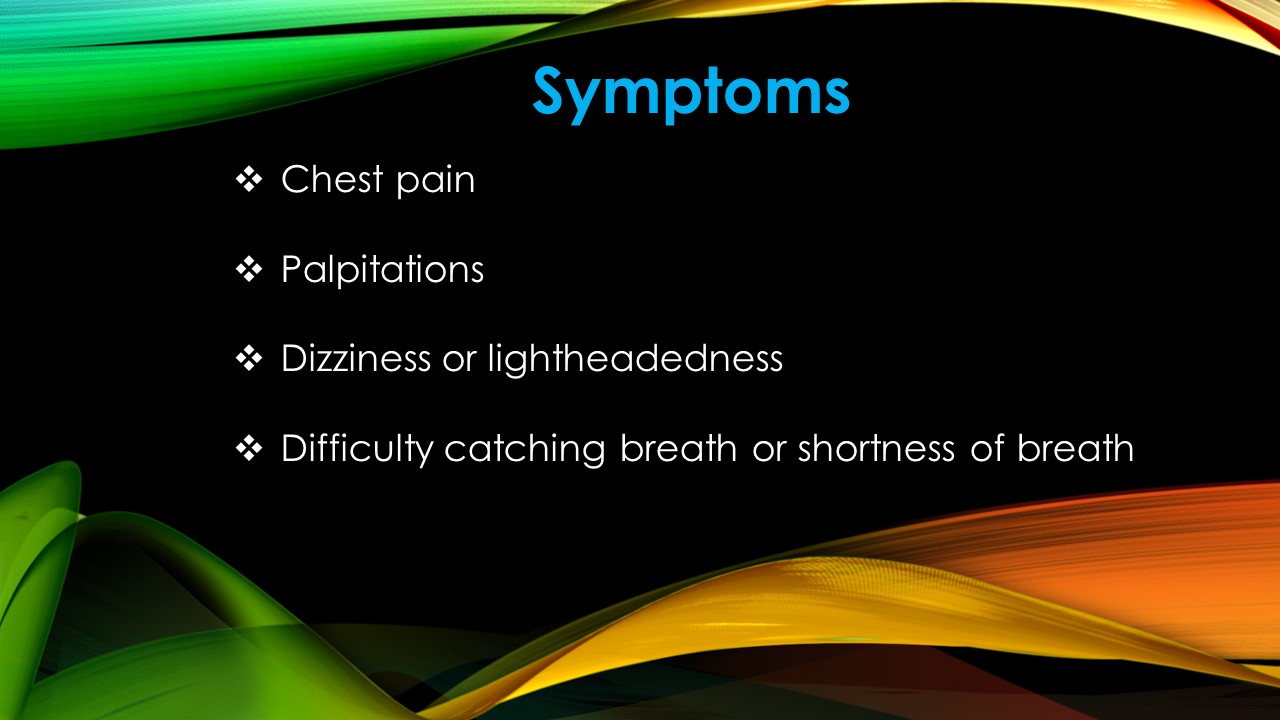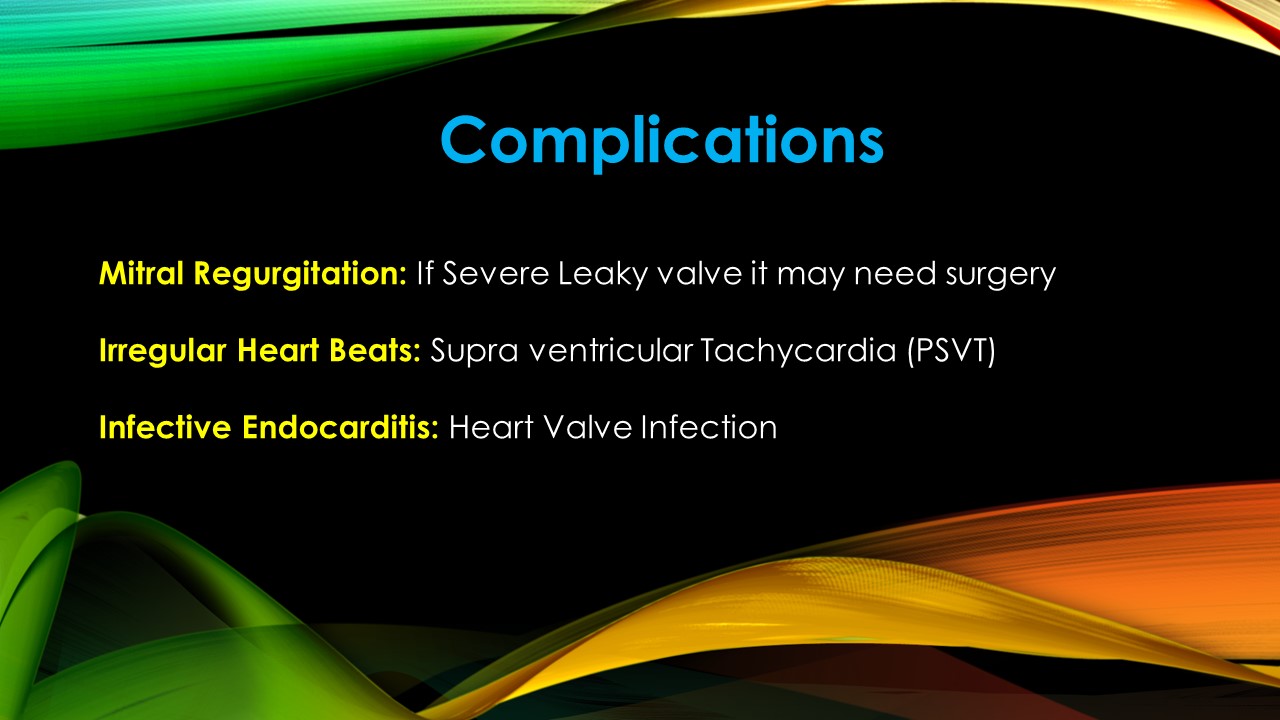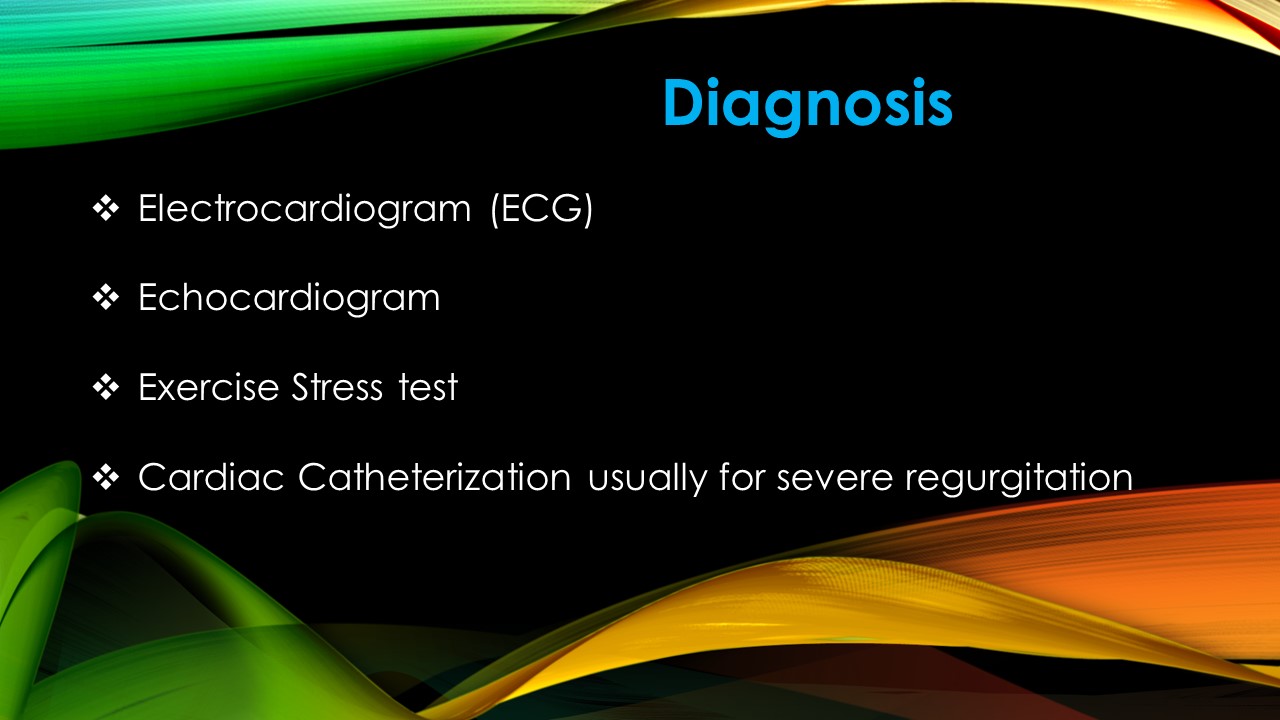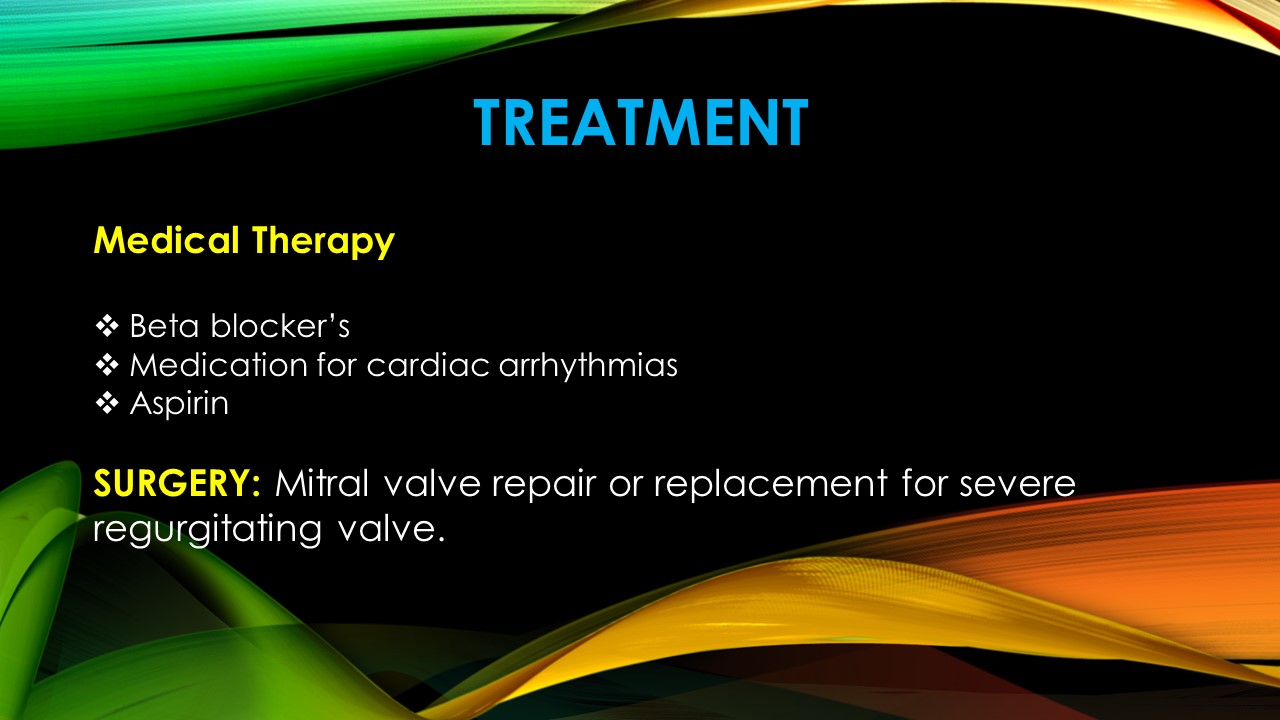Mitral Valve Prolapse (MVP)
Mitral valve prolapse is a condition in which the two valve leaflets of the mitral valve do not close properly and instead bulge (prolapse) upward into the left atrium associated with variable clinical symptoms and signs that may need treatment.
Mitral valve prolapse can run in families. Most of the people lives normal unrestrictive lives.
Symptoms
Chest pain, Palpitations, Dizziness or lightheadedness, Difficulty catching breath or shortness of breath
Complications
Mitral Regurgitation: If Severe Leaky valve it may need surgery
Irregular Heart Beats: Supra ventricular Tachycardia (PSVT)
Infective Endocarditis: Heart Valve Infection
Diagnosis
Electrocardiogram (ECG), Echocardiogram, Exercise Stress test, Cardiac Catheterization usually for severe regurgitation
TREATMENT
Medical Therapy
Beta blockers, Medication for cardiac arrhythmias, Aspirin
SURGERY: Mitral valve repair or replacement for severe regurgitating valve.
